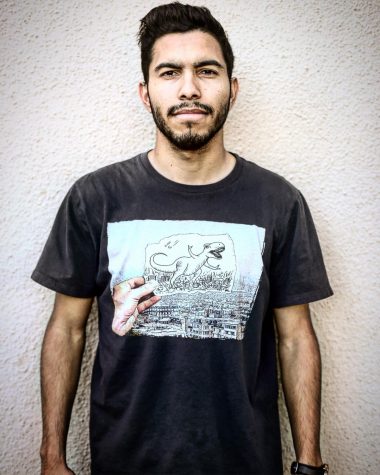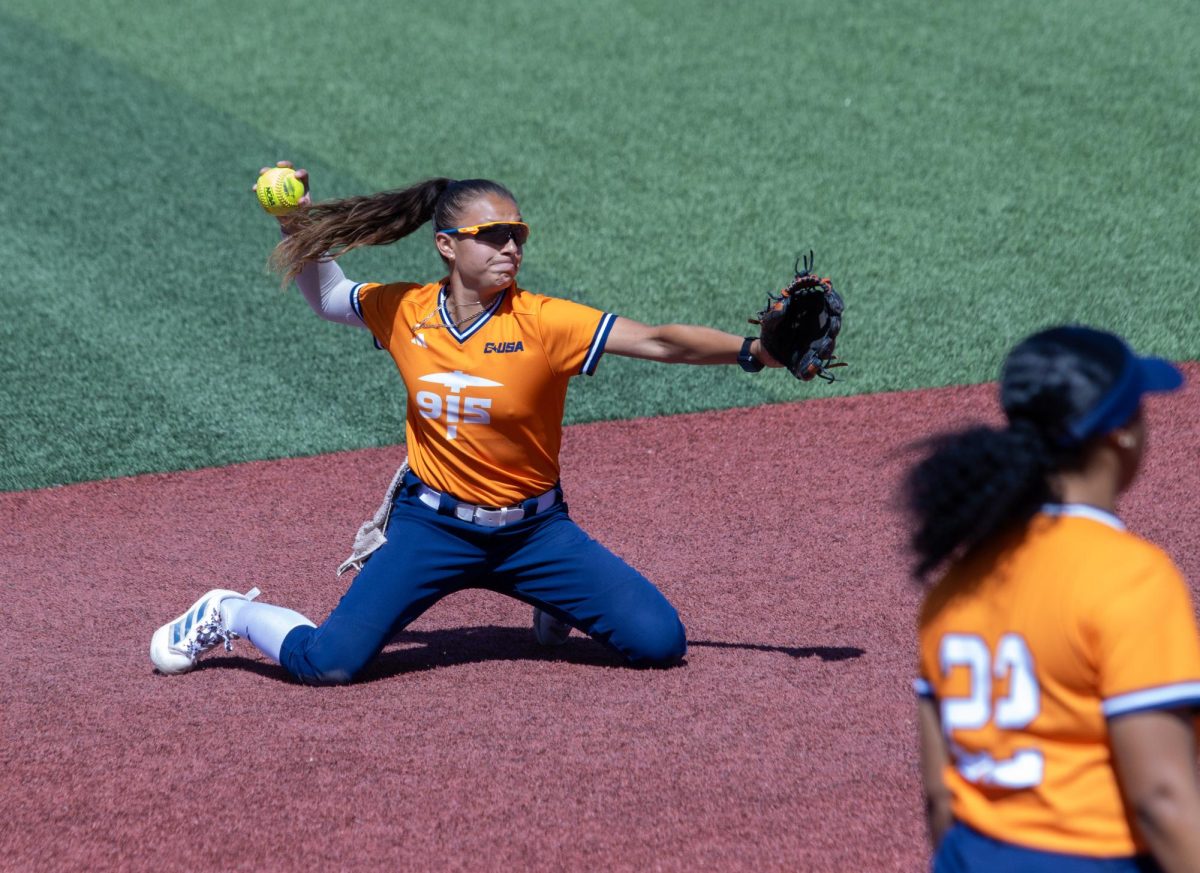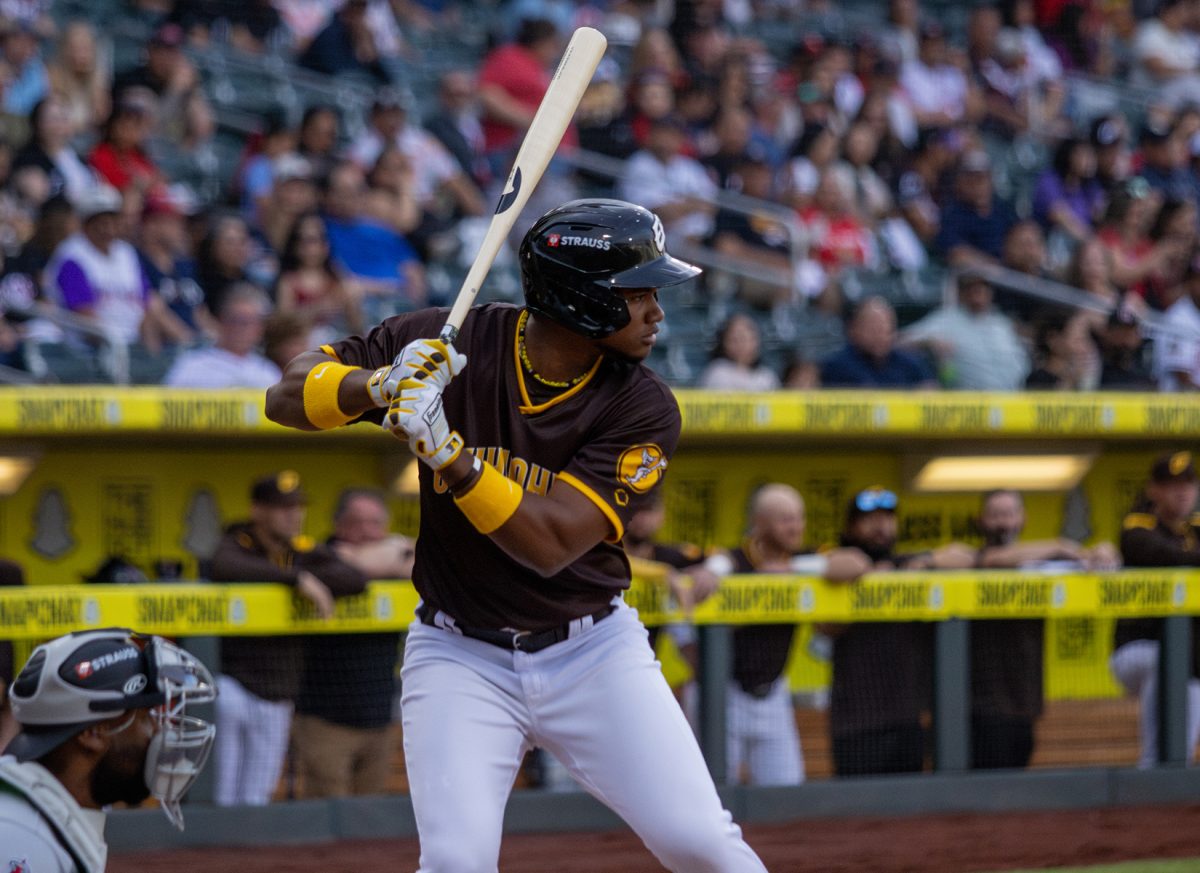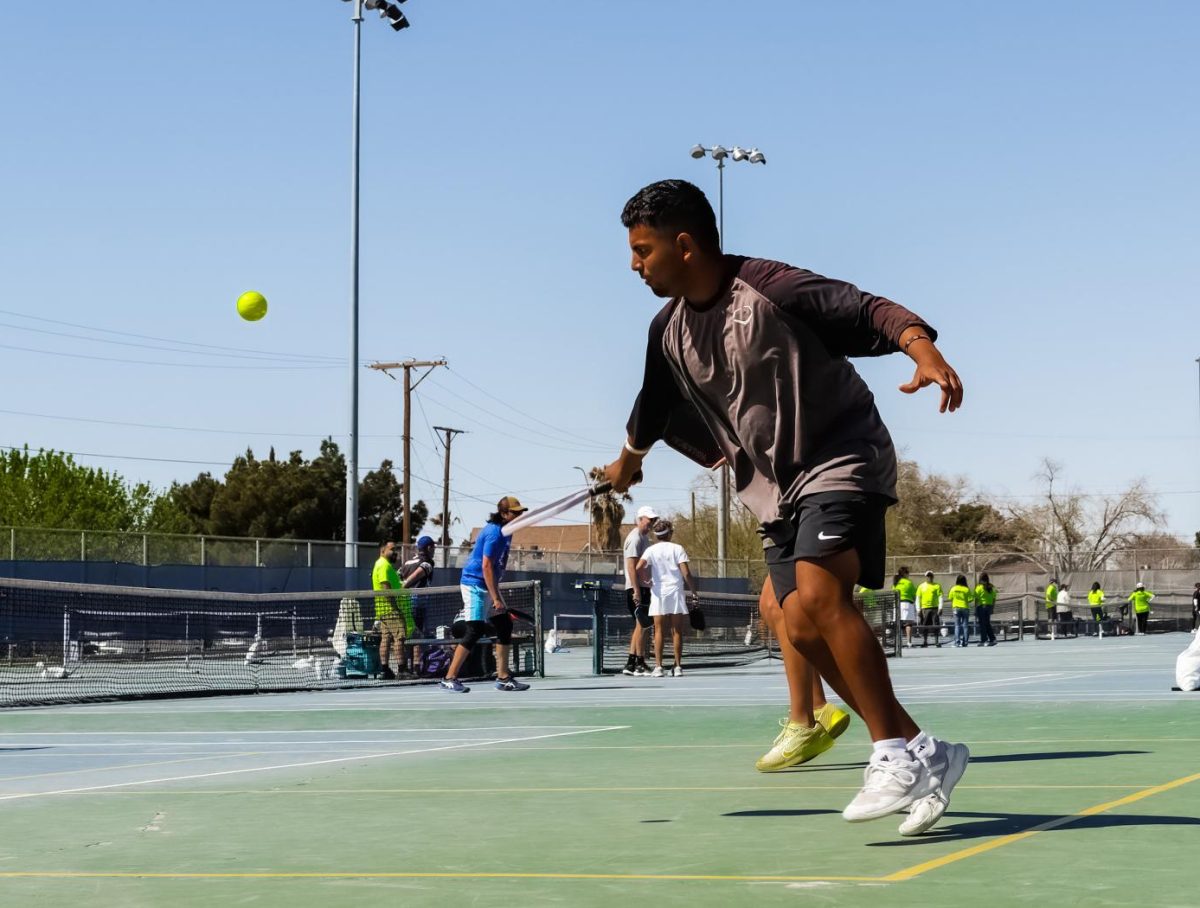A drought was going to end for one team in the 2014 FIFA World Cup final—two great nations would meet at the apex of the biggest stage in the world. A win for Germany would end their 24-year drought and a win for Argentina would end their 28-year drought.
After 120 minutes of soccer Germany secured their fourth World Cup title by defeating Argentina 1-0 in extra time.
Tactically nothing had changed until Germany’s Sami Khedira injured himself in the pregame warm up, Christoph Kramer replaced Khedira and Germany stayed with their 4-3-2-1 tactical lineup. On the other side of the ball Argentine midfielder Angel Di Maria was made available but would not start the match for Argentina.
From start to finish Germany dominated ball possession, ending the match with a 64-36 percentage. The first half was scarce in terms of opportunities for both teams, the real action of the first half came when Germany’s Bastian Schweinsteiger and Benedikt Howedes received yellow cards in a matter of minutes.
Argentina’s best shot in the first half came in the 21st minute—star forward Gonzalo Higuain found open space just outside the 18-yard box but pushed the shot wide left.
Germany nearly went into halftime with a 1-0 lead off a great header by Benedikt Howedes— in the second minute of added time Bastian Schweinsteiger placed a masterful corner which was perfectly timed by Howedes but his header hit the right post and the game was still tied at 0-0.
Lionel Messi’s best shot on goal came early in the second half, the Argentine star found a slight angle on an attack but pushed his shot slightly wide right.
Like Germany in the first half, it didn’t take Argentina long to be penalized in close proximity—Javier Mascherano and Sergio Aguero received yellow cards in the 64th and 65th minute respectively.
With opportunities the game headed into extra time, it has been a familiar scenario throughout the tournament and both teams were prepared for the possibility. Once again chances were scarce through the first 15 minutes and the World Cup final seemed destine for penalty kicks.
A Mario Gotze goal in the 113th minute made that possibility unrealistic. In the 88th minute Gotze came in for striker Miroslav Klose, who is the greatest scorer in Germany’s national team history and World Cup history, it was only fitting that the future of Germany took over for the face of the nation on the biggest stage.
Javier Cortez may be reached at [email protected].







